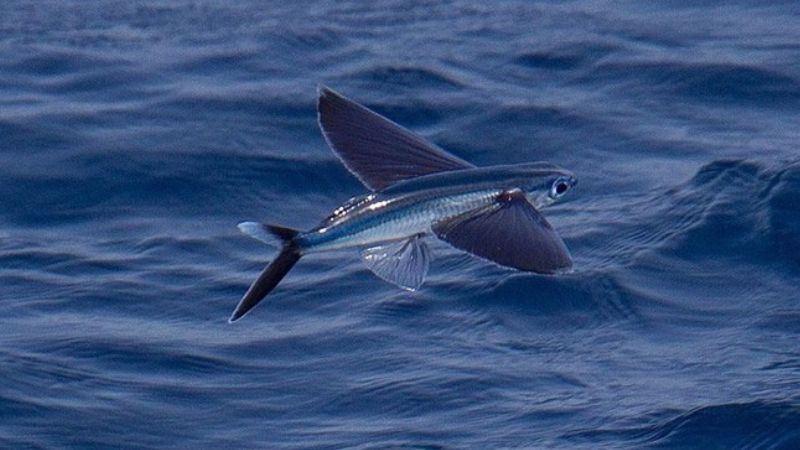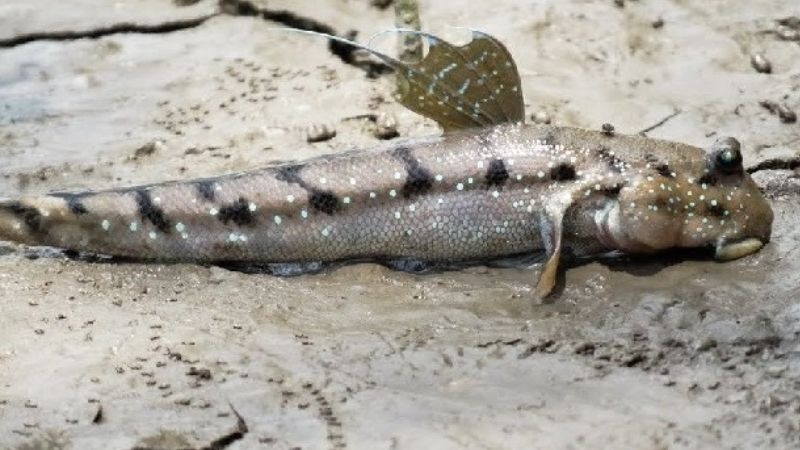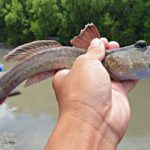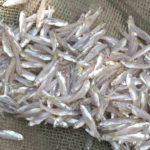The world is full of wonders, and there are still many unique animals with abilities yet to be discovered by humans. Among them, two species of fish that can fly and climb trees have captured attention. It’s astonishing because fish are typically limited to aquatic environments. However, these two fish species have mastered the art of maneuvering and adapting to their surroundings. Let’s explore these fascinating creatures together!
1 Flying Fish
 Flying Fish
Flying Fish
Flying fish (scientific name: Exocoetidae) are a unique species of marine life, predominantly found in tropical and subtropical regions. Equipped with robust and powerful fins, they can glide over the water’s surface, achieving flight distances of up to 50 meters. This remarkable ability serves as a crucial survival mechanism, enabling them to evade oceanic predators.
To launch themselves out of the water, flying fish move their tails up and down at an incredible frequency of up to 70 times per second, followed by extending their pectoral fins. When it’s time to return to the ocean, they simply fold their fins and descend back into the water. This showcases the species’ remarkable adaptability and control in their unique oceanic habitat.
2 Mudskipper
 Mudskipper
Mudskipper
Mudskippers (scientific name: Boleophthalmus pectinirostris) are a common sight in brackish waters near coastal areas, estuaries, and tidal creeks. Belonging to the family Oxudercinae, they are prized for their delicious, high-quality meat.
Mudskippers thrive in mudflats at river mouths, often making their homes in muddy burrows. They are adept at maneuvering through the mud with speed and can survive both on land and in water due to their unique respiratory capabilities. These fish are also known to seek refuge in tree roots, dense undergrowth, and deep burrows with intricate passageways.
The mudskipper’s breeding season spans from April to September annually. During this period, male and female mudskippers pair up and seek out flooded forests for reproduction. These flooded forests provide the ideal environment for mudskippers to build their nests and lay their eggs.
Mudskippers are exceptionally agile when it comes to evading predators and competing for food. As juveniles, they feed on plankton, organic detritus, and small crustaceans, eventually transitioning to a diet of larger crustaceans as they mature. When threatened, male mudskippers defend their burrows by posturing, gaping their mouths, and flaring their fins to ward off intruders. This species is omnivorous, with a preference for animal matter, and they also feed on algae and small zooplankton.
These are the basics about these two extraordinary fish species that can fly and climb trees, highly sought-after in Vietnam. We hope that this article has enriched your knowledge of the fascinating world of animals.
Revealing the Amazing West Coast Fish that Can Move on Land
The World Wildlife Organization recently revealed a list of 6 enigmatic creatures – one of them was the mudskipper! As its name suggests, this unique fish has an incredible gift to survive in mud, but it’s also able to jump out of the mud and on land. Keep reading to learn more about this amazing animal!
































